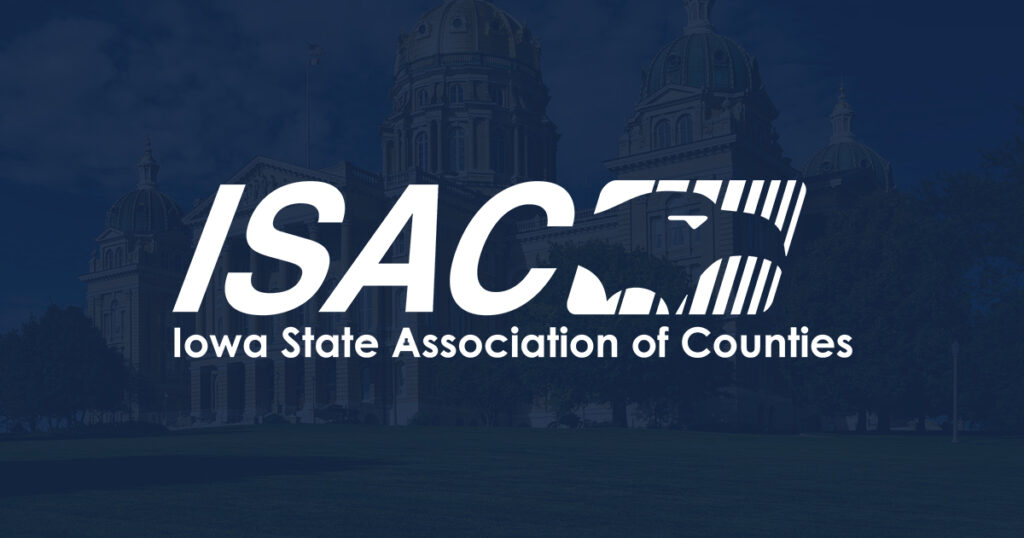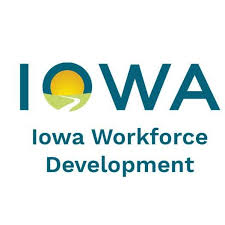Consumer watchdog to examine bank overdraft fees

Consumer watchdog to examine bank overdraft fees
The Consumer Financial Protection Bureau (CFPB) is taking a hard look at the overdraft fees charged by banks, The Hill reported. The agency announced today that it will seek information about the fees, commonly tied to checking accounts, and investigate whether consumers are being harmed by them.
“With today’s technologies, consumers have more opportunities to access their checking accounts and cause overdrafts,” said CFPB Director Richard Cordray. “But overdraft practices have the capacity to inflict serious economic harm on the people who can least afford it. We want to learn how consumers are affected, and how well they are able to anticipate and avoid paying penalty fees.”
The bureau is looking into whether banks are providing confusing information or misleading marketing materials about the overdraft fees, and also how low-income or young consumers could be disproportionately affected by them.
In addition, the bureau announced it is exploring a “penalty fee box” that would accompany checking account statements and detail how much a person has paid out in overdraft fees, along with the amount overdrawn.
Citing “industry sources,” the CFPB said the average overdraft fee ranged from $30 to $35 in 2011, up 17 percent in the last five years. A 2008 study by the Federal Deposit Insurance Corporation found that consumers who overdrew 20 or more times a year ended up paying an average of $1,610 in overdraft fees.
The Consumer Financial Protection Bureau (CFPB) is taking a hard look at the overdraft fees charged by banks, The Hill reported. The agency announced today that it will seek information about the fees, commonly tied to checking accounts, and investigate whether consumers are being harmed by them.
“With today’s technologies, consumers have more opportunities to access their checking accounts and cause overdrafts,” said CFPB Director Richard Cordray. “But overdraft practices have the capacity to inflict serious economic harm on the people who can least afford it. We want to learn how consumers are affected, and how well they are able to anticipate and avoid paying penalty fees.”
The bureau is looking into whether banks are providing confusing information or misleading marketing materials about the overdraft fees, and also how low-income or young consumers could be disproportionately affected by them.
In addition, the bureau announced it is exploring a “penalty fee box” that would accompany checking account statements and detail how much a person has paid out in overdraft fees, along with the amount overdrawn.
Citing “industry sources,” the CFPB said the average overdraft fee ranged from $30 to $35 in 2011, up 17 percent in the last five years. A 2008 study by the Federal Deposit Insurance Corporation found that consumers who overdrew 20 or more times a year ended up paying an average of $1,610 in overdraft fees.










